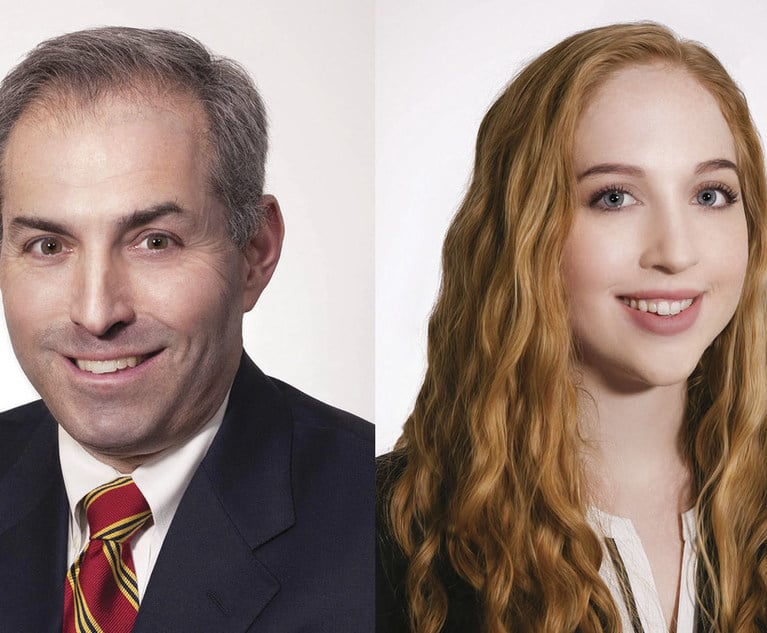The resolution of legacy mass tort liabilities through bankruptcy is one of the more complex challenges a debtor may face. Unlike normal trade obligations, mass tort claims, such as those arising from asbestos exposure, may involve a person whose injury has not yet manifested and thus, either was not aware that he or she holds a claim, or because no injury had manifested, not hold a claim that can be discharged. Following the landmark Johns-Manville case, Congress enacted Section 524(g) of the Bankruptcy Code, which sets forth a specific framework and, if followed, allows all asbestos liabilities to be channeled away from the debtor and into a trust designed to process and pay such claims. Among other things, Section 524 requires the appointment of a legal representative to represent future, unknown claimants and the creation of funded trusts to process such claims as they arise. But what if a debtor does not want to go through the added expense of retaining a future claims representative or otherwise follow the strict steps imposed by Section 524? Recently, the U.S. Court of Appeals for the Third Circuit addressed that very issue and highlighted the tricky and possibly dangerous road a debtor would have to follow. See In re Energy Future Holdings, 949 F.3d 806 (3d Cir. 2020).
In Energy Future, the court affirmed a confirmation order discharging latent asbestos claims, i.e., claims against the debtors for asbestos-related illnesses that did not manifest until after the bankruptcies, even though the debtors’ plan did not satisfy the section 524(g) requirements. Picking up where it left off after In re Grossman’s, 607 F.3d 114 (3d Cir. 2010) (en banc), the court recognized that establishing a litigation trust under Section 524(g) of the Bankruptcy Code for payment of latent asbestos claims is not the exclusive means for providing due process for unknown future claimants. According to the court, a plan like the one in Energy Future does not offend the Fourteenth Amendment of the U.S. Constitution by discharging latent asbestos claims if, for example, there is a fundamentally fair process for reinstating those claims post-confirmation.


 Francis J. Lawall, left, of Pepper Hamilton, and Alissa Piccione, right, of Troutman Sanders.
Francis J. Lawall, left, of Pepper Hamilton, and Alissa Piccione, right, of Troutman Sanders.




